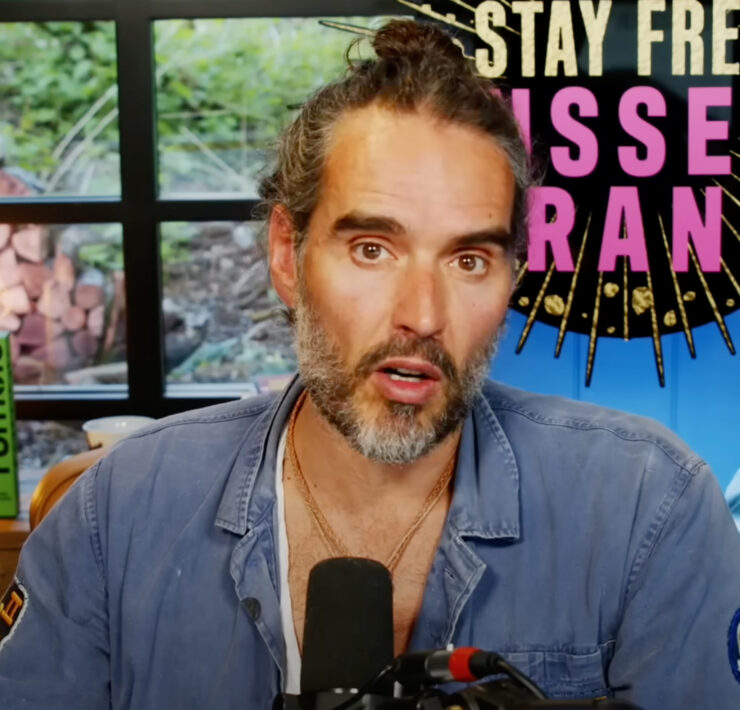“I’ve never looked forward to Advent as much as this year,” a pastor friend recently said to me. With ongoing news of global tensions and suffering many of us feel tired and off kilter. As Christians, we remind ourselves that “God is still on his throne.” But as the world brims with heartbreak, it’s easy to wonder, “Has God has taken a hiatus? Is God really in control?”
In the weeks before Christmas, many of us set up a wreath and light candles in anticipation of Jesus’ birth. Advent, the Latin word for “arrival,” reminds us that God stepped into human flesh. Emmanuel. God is with us and for us.
Advent reassures us that God hasn’t abandoned us or our fallen, broken world.
The prophet Isaiah expressed hope for God to deliver his people during a period of turbulent divisions. As the Northern and Southern kingdoms fought bitterly, leaving them vulnerable to enemy attacks, and eventual ruin, God promised them a Savior: “Therefore the Lord himself will give you a sign: The virgin will conceive and give birth to a son, and will call him Immanuel.” (Isaiah 7:14)
Today, our communities and world face turbulent fighting and bitter divisions. The recent U.S. presidential election has left many of us divided and fearing for the future. Images of Syrian refugees fleeing genocide flood us with grief and powerlessness. Already, many of us are overwhelmed in our own personal lives, too. Like Isaiah, we long for God to move.
Advent reminds us of the extravagant lengths God has gone to rescue us and restore our world.
As Christmas approaches, we remember Israel’s hope for the coming Messiah—to save, forgive and restore. All over the world, church communities light candles and read Scriptures virtually on Sunday mornings: “The people walking in darkness have seen a great light; on those living in the land of deep darkness a light has dawned.” (Isaiah 9:1)
Advent calls for us to remove the distractions and get into God’s presence to face the reality of our lives and world, no matter how ugly. The Spirit whispers for us to pour out our hurt, confusion, resentment, anger, fear and anxiety. (1 Peter 5:7) God searches our depths, turning our faces toward eternal light. (Psalm 139:23-24) And we realize how desperately the world needs Emmanuel.
Advent guarantees that God has the upper hand even when the opposite seems true.
Living in between two worlds—heaven and earth—Jesus’ spirit reminds us not to lose hope. Although we wrestle through painful circumstances, personal failures and traumatic world events, Emmanuel has come.
Scripture assures our residency in heaven though our fallen, broken lives contribute to our fallen, broken world (Philippians 3:20-21). And our enemy (the devil) prowls the earth, seeking to kill and destroy (Peter 5:8-9).
God is present in every form of suffering and depravity—painful relationships, chronic illness, addictions, deaths of loved ones, unemployment, financial strain, children who turn from God. The Bible reminds us of His faithful words, “Do not fear, for I have redeemed you; I have summoned you by name; you are mine. When you pass through the waters, I will be with you; and when you pass through the rivers, they will not sweep over you. When you walk through the fire, you will not be burned; the flames will not set you ablaze. For I am the Lord your God, the Holy One of Israel, your Savior.” (Isaiah 43)
God is with those suffering war, genocide, starvation, displacement and every other horror known to our human brothers and sisters. We can be sure God opposes those who commit evil and will make all things right with justice.
Advent calls us to respond in radical love for God and our neighbors.
The more we know Jesus, the more we realize that our lives are interwoven with those around us. Just as Frederick Buechner writes: “Compassion is sometimes the fatal capacity for feeling what it is like to live inside somebody else’s skin. It is the knowledge that there can never really be any peace and joy for me until there is peace and joy finally for you too.”
Seeing others’ desperate circumstances through Jesus eyes gets to the depths of who we are: Will we become stuck asking: “Why, God? Why?” Or will we step out, in the security we have in Him, asking: “What, God, what would you have me do?”
Emmanuel calls us to love God and our neighbors to our greatest capacity. Living by faith means stepping out in courageous acts of compassion.
Love the Lord your God with all your heart and with all your soul and with all your mind and with all your strength. The second is this: ‘Love your neighbor as yourself.’ There is no commandment greater than these. (Mark 12:30-31)
In the wake of the U.S. presidential election, I believe it’s as important as ever to get to the business of being the Church. May we set aside arguing over political and theological differences. Let’s get serious in our prayer lives, our ministry and the practical support of widows, orphans, immigrants, refugees and every other marginalized person in our nation.
In response to the Syrian refugee crisis, Rich Stearns, World Vision president, wrote: “We must never lose our capacity to feel outrage when human beings are so callously slaughtered, and then we must turn that outrage into action.” He urges us to pray, give and raise our voices in support of those suffering war and famine.
The baby born to a virgin in a manger, over 2,000 years ago, guarantees that God is for us, not against us. God sees. God cares. Emmanuel has come to redeem us and our fallen, broken world. And we can be assured that He is in control of everything present and all to come.























